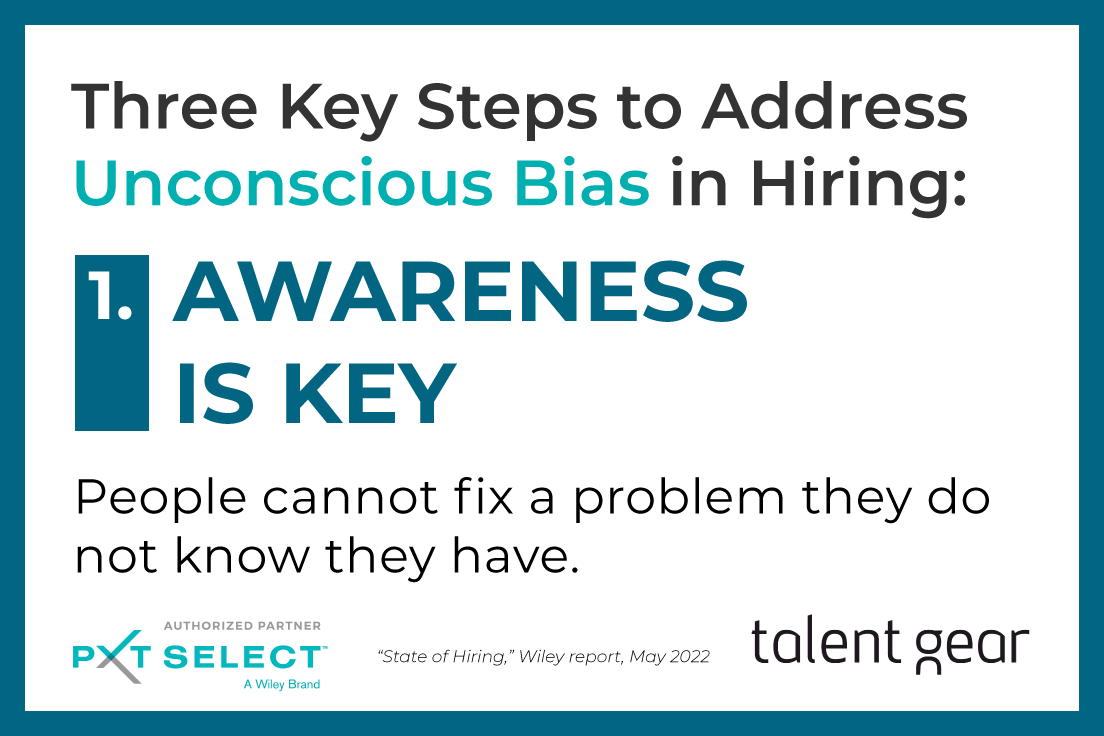Tips for better candidate selection
“Everyone! Each of you needs to come up with a question or two before we interview candidates next week.”
“Hey, can you search for some good interview questions for accountants? I’ve never hired one before.”
Have you ever heard comments like these? If so, you’re not alone. The interview step for hiring often comes down to haphazard scenes at many companies. It doesn’t have to be that way. There’s a better, more scientific way to select and then interview job candidates.
Understand the job you’re hiring for
Before you can interview better, you have to make sure you’re attracting the right candidates to begin with. And that starts with a better job description.
First, understand that every job is unique in its own way. So you need to go beyond the basic job responsibilities and consider which traits are needed to perform well in that role. Try to get past the years of experience and education required and list which abilities are required. Abilities you can train and abilities you can’t. Then share this information with your recruiters and search committees.
If you don’t know a lot about the job you’re hiring for, take a look at O*Net Online. Its database holds hundreds of standardized, occupation-specific descriptors on nearly a thousand occupations. Created by the U.S. Department of Labor’s Employment & Training Administration, it’s an excellent resource for understanding the basic requirements of practically every job out there today.
Understand your own culture
Consider the culture of the department or team the person is going to work for, as well as your entire organization. Then step back and decide which parts of the culture really matter for this position.
Perhaps your organization is very fast-paced and you always hire people comfortable with that. But if you’re observing problems with the current pace—people working too fast and making errors, for example—then you might want to find someone who can slow things down and focus more on quality.
Try using an assessment that includes a personality component to get to issues of culture and fit. But be sure to avoid assessments that aren’t validated for hiring. There are still too many job postings requiring someone to take a free personality test that has no scientific validity. And never use an assessment that puts your applicants on another company’s mailing list or that triggers concern about the legality of your hiring practices.
Assess candidate abilities
Of course, always confirm that your candidates really have the abilities suggested by their certifications, past experience and resumes. One check is to ask them during the interview about current trends in their area of specialization or about how they’d solve a common problem in your industry.
Again, try to go beyond their experience and education by finding out how well they can perform and learn in general.
This is where a formal assessment can come in. An assessment that covers verbal and mathematical reasoning, for example, will give you an independent, unbiased way to assess your candidates’ cognitive abilities. Because you probably don’t want an employee who scores so low they won’t be able to adapt to future job changes. Or, conversely, who scores so high for what the job requires they wind up bored and unproductive.
To find an assessment appropriate to your industry or position, look for assessments that use O*Net data and/or data collected by the assessment’s publisher. PXT Select™ Assessments, for example, have more than 150 data-driven industry benchmarks that cover thousands of potential roles.
You can also use assessments to narrow down an applicant pool as part of pre-screening (do they meet minimum requirements?) or pre-interview (are they the top candidates we want to meet?). The highly graphic, visual presentation of the data and scores can be an eye-opening experience.
Interview with relevant and consistent questions
Using a standard set of questions each candidate is asked will make it easier for interviewers to rank answers objectively. But you also want to ask questions tailored to what you already know or assume about a candidate.
Questions should be relevant and not reflective of what comes up first on a Google search or resume. Assessments like PXT Select will generate in-depth questions suggested by the type of job and assessment results for each candidate that allow you to probe deeper into their thinking styles and behaviors.
Check references
You might think you’ll find out nothing new from checking references, since presumably your candidates have notified their references ahead of time and “everyone has their story straight”. But if it’s an important position you’re hiring for, it can definitely be worth your time. You never know what a reference is going to say. And it’s a great way to avoid hiring a person who interviews much better than they perform, a final check for red flags.
A final note: Move as quickly through this process as you can. The current job market is full of stories of applicants getting offers before you can schedule a first interview. Invest in people and tools that can help you move quickly, make better-informed decisions and find the people who can make your organization stronger.

